How the UNRWA has helped mire Palestinians in permanent refugee misery
When a Palestinian activist waxes lyrical in Melbourne about sending a child on a suicide mission, and the head of the Islamic Council of Victoria says October 7 is justified, we need leadership.
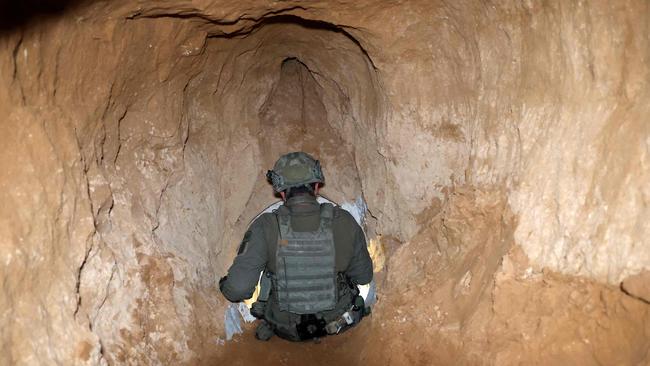
Australia has a proud history of being a safe haven for people from all over the world. Families like my own, on both my parents’ sides, came from Europe in search of something better. Different times, and different circumstances, but the same desire for a better life.
For those displaced by war and conflict, for refugees, Australia has likewise opened its arms. I remember as a young journalist, covering the arrival of displaced Kosovans who were temporarily housed at the Leeuwin Barracks in Fremantle. They came, clinging to each other, to shopping bags full of scant belongings and not much more.
It’s well known, too, that Melbourne became home to one of the world’s biggest communities of Holocaust survivors after World War II. So many came here, built lives here, became Australians in more than just name.
So I’d like you to imagine a scenario in which now, in March 2024, the children and grandchildren of refugees, displaced peoples who came to Australia and joined us as citizens, friends and neighbours, are to this day classed as refugees. Not only in name but for the purposes of reporting, policy development and geopolitical considerations. Even with Australian passports, born here, in a lot of cases never been to the country of familial origin. But still, legally and otherwise considered refugees.
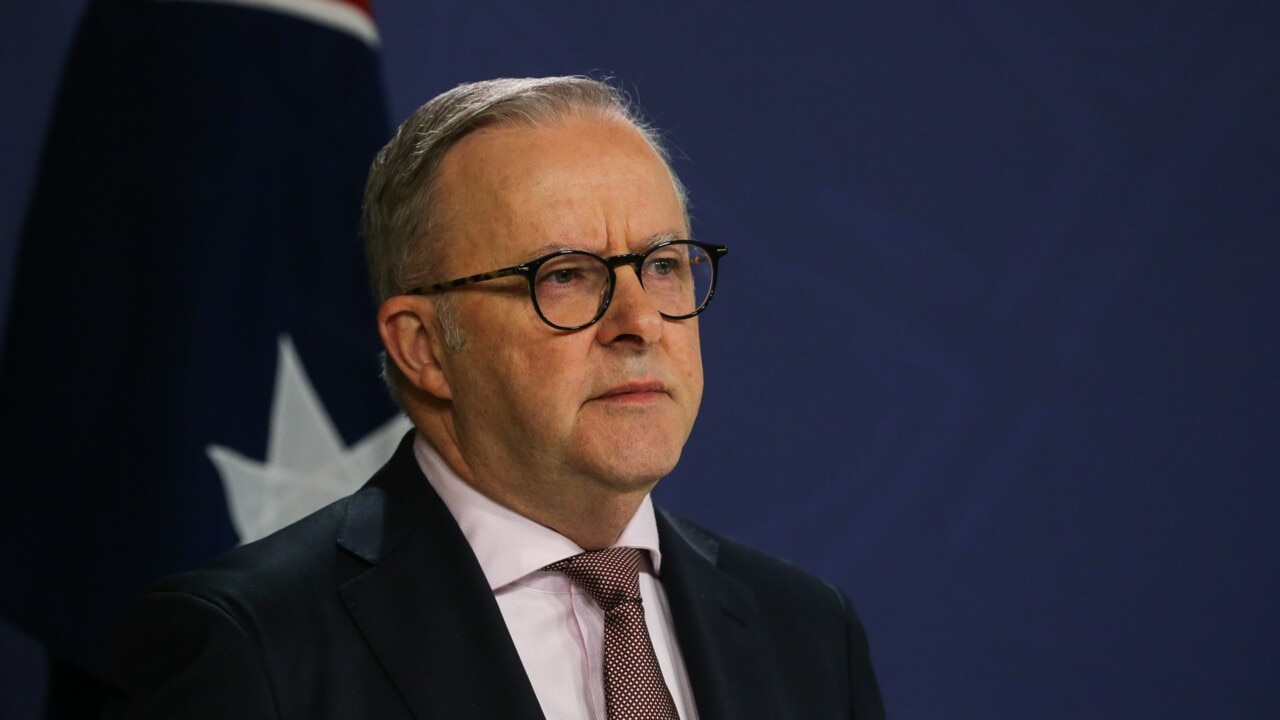
Ridiculous, right? Not if you’re UNRWA, the UN Relief and Works Agency for Palestine Refugees in the Near East. A few weeks after the war broke out, I wrote of my experience at a refugee camp in Ramallah last June. How I walked in and thought, hang on, where are the billions in aid money? The world now knows the answer, at least in part. Terror infrastructure. A network of underground tunnels built to facilitate war. Radicalisation of kids, teaching them to believe that violence is the only answer. Corruption.
Learning about UNRWA’s origins, how it was set up and how it functions, has been eye-opening. Perhaps, as for me, the mention of UNRWA once conjured up images of blue berets and world peace? It is corrupt. It is hopelessly compromised. Exposed. And according to some, UNRWA was designed to perpetuate the misery of the people it should have been helping. Why? The same old motivations. The politics of ideology and power.
Let me give you but a small window into what I mean. UNRWA uses a unique definition of refugee status that applies to no other ethnicity, no other people group on earth, that is refugee status in perpetuity. So, you can be the great-grandchild of a displaced Palestinian from Syria, born in Australia or New Zealand with a passport to boot, and you still will be counted by UNRWA as a refugee.
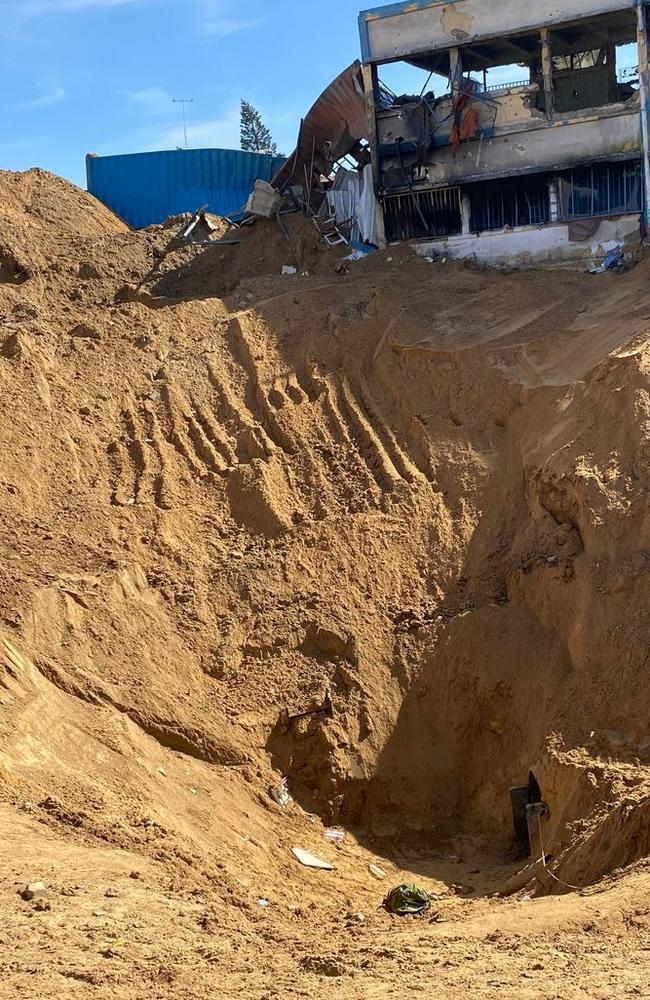
It’s like some kind of intergenerational working visa. As a business model, it’s genius.
Let’s compare UNRWA with the UN Korean Reconstruction Agency. UNKRA was set up in 1950, around about the same time as UNRWA, and successfully resettled some two million refugees from the Korean War. At the time, there were three times as many Koreans needing support and resettling as Palestinians. UNKRA did its job within a few years, with a smaller budget, and eventually was disbanded, having fulfilled its mandate. South Korea flourished and continues to.
UNRWA has flourished. Gaza has not. Its people have been failed by the leadership and the aid industry surrounding it. There’s no greater example of that than the present day.
Was anti-Semitism rooted in the creation of UNRWA? Was it created to serve people or to keep them in servitude to a political cause?
For example, shortly after UNRWA was created (intended as a temporary agency) the UN created the UN High Commissioner for Refugees. But Palestinians were excluded, with UNRWA the sole agency allowed to oversee them. It should be no surprise, then, that UNRWA soon became a kind of de facto arm that operates according to its own rules and a unique definition of what a refugee is. One in perpetuity.
Learning the history of UNRWA has been terrifyingly instructive as well as shockingly enlightening. It represents the worst of the foreign aid industry. Politics and agendas over lives, hopes and futures. The 5.9 million Palestinians called refugees by UNRWA today are mostly descendants of the original 700,000 displaced persons the agency was established to help.
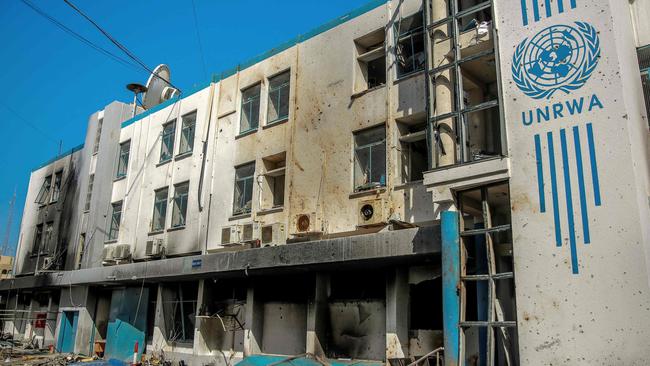
Why am I talking about this? Well, it occurred to me that nobody calling for a ceasefire has been able to answer the question, then what? We don’t need to wonder what Hamas will do. It repeatedly has said it will enact October 7 over and again until Israel no longer exists. Believe them. So, what does anyone think would happen if there were a ceasefire tomorrow, some magical two-state solution?
There are whispers of reoccupation by one of the Arab states to ensure that neither Hamas nor Palestinian Islamic Jihad or any other terror organisation can take hold. Self governing, at this point, is not realistic, according to any credible authority.
To the best of my reading on this subject, since 1922 different iterations of Palestinian leadership have rejected every single offer of self-determination and statehood presented – before and after the creation of Israel in 1948.
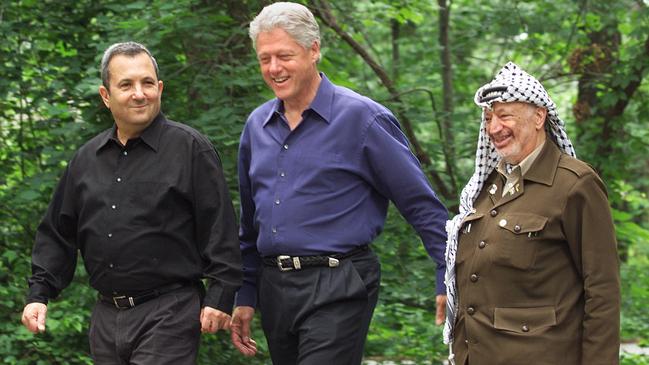
Under the proposal tabled in July 2000 at Camp David, under the Clinton administration, Yasser Arafat turned his back on a deal that would have delivered his people 92 per cent of the West Bank and 100 per cent of Gaza, compensation for pre-1967 territory, a Palestinian capital in East Jerusalem, plus sovereignty over half of Jerusalem proper including the Temple Mount, and much, much more. He said no. No counteroffer, no alternative, no negotiation.
And so it goes on. How does a two-state solution even factor in? Most Israelis I’ve spoken to have understandably dwindling hope that it can be part of a workable future. The Palestinians have never had a policy around coexistence with Israel, no blueprint for the future, because it’s not a matter of policy, it’s a question of identity.
Egypt brokered a meaningful and lasting peace with Israel. Their identity is not tied to the eradication of the Jewish race. As a side note, Egypt has kept its border with Gaza at Rafah closed since the war, and along with the 21 other Arab nations is refusing to take refugees. Some say it’s a tool. Some say they know too well the risk of terrorism spreading.
In a meeting with a certain Palestinian political leader in Ramallah last June, a colleague and I asked the obvious question – what is the future of the two-state solution? There is only ONE state, he shot back in response. He was not talking about Israel.

In a week where a Palestinian activist stood on the streets of Melbourne and waxed lyrical about the beauty of sending your child on a suicide mission, the same week the head of the Islamic Council of Victoria said the events of October 7 were justified as resistance, we need leadership.
We need strength to say no, these aren’t the values we accept in Australia, to draw an unimpeachable line in the sand. We need leaders whose eyes are open to the reality of what faces Israel and the West when this war inevitably ends. Who can thoughtfully consider an answer to “then what?” with a view to the future wrapped in a sober-minded understanding of the past. One that considers Palestinian people deserve self-determination and freedom from terrorist overlords, as much as Israelis deserve to live their lives in the same freedom from fear that we enjoy.





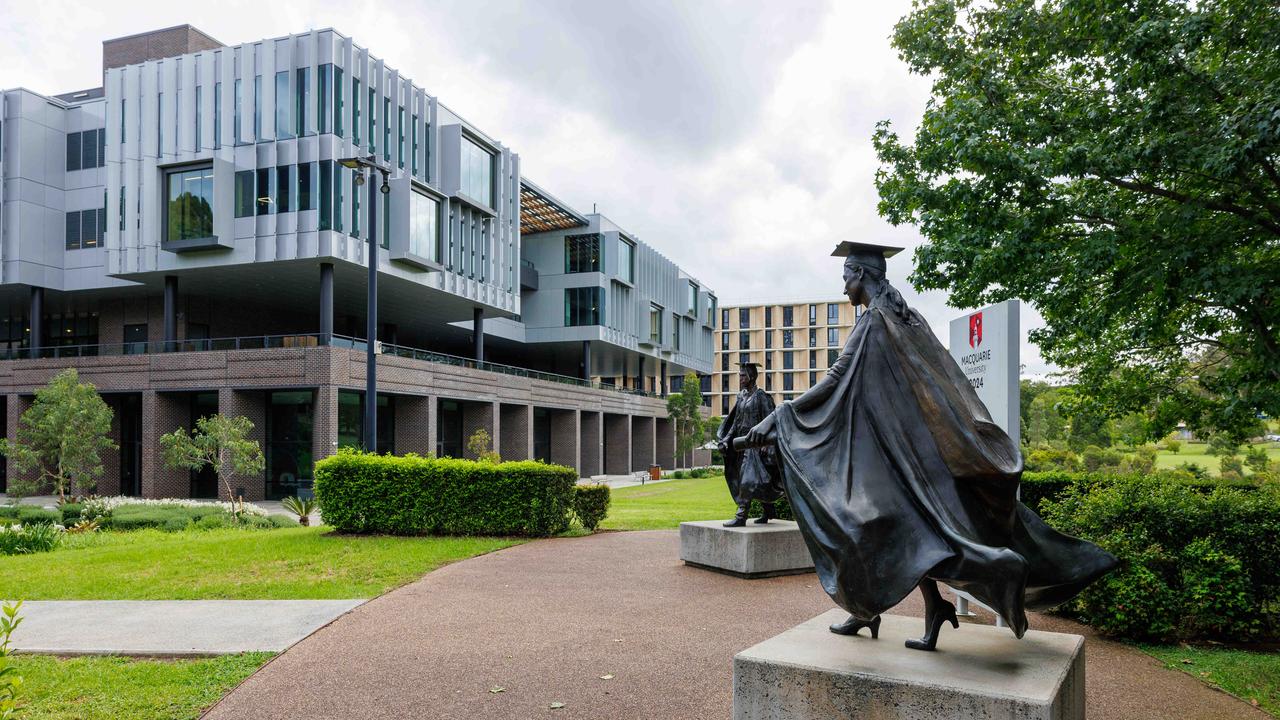
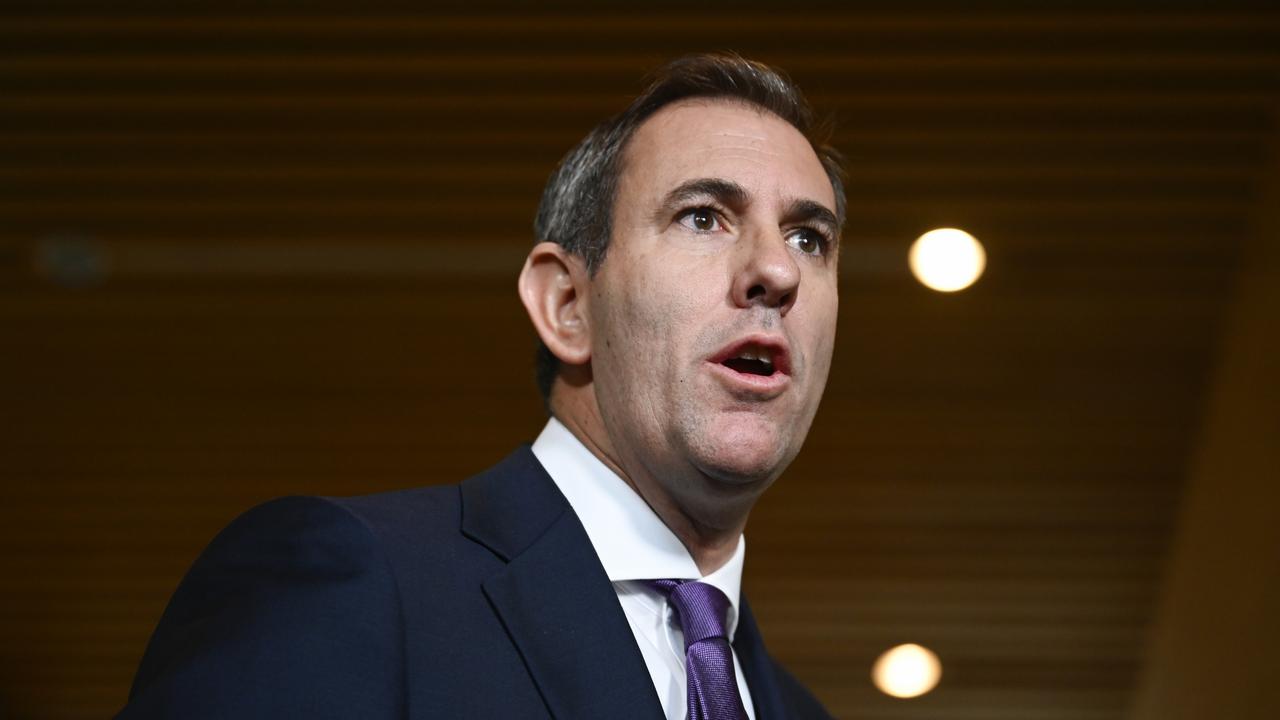
To join the conversation, please log in. Don't have an account? Register
Join the conversation, you are commenting as Logout